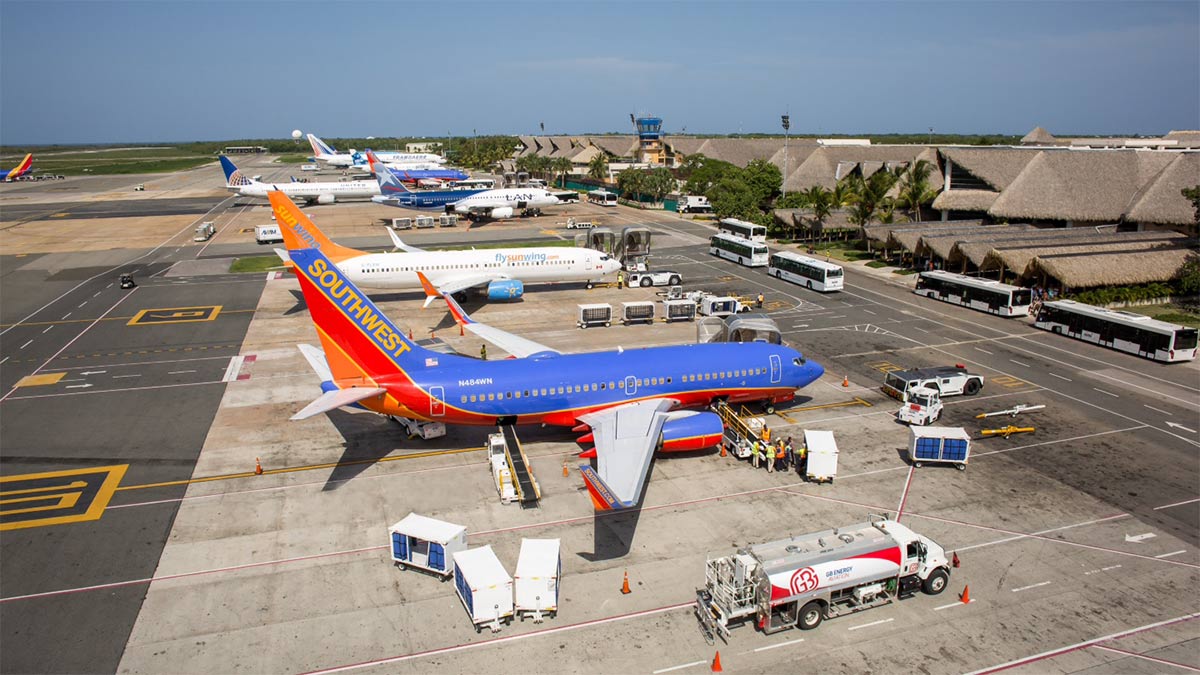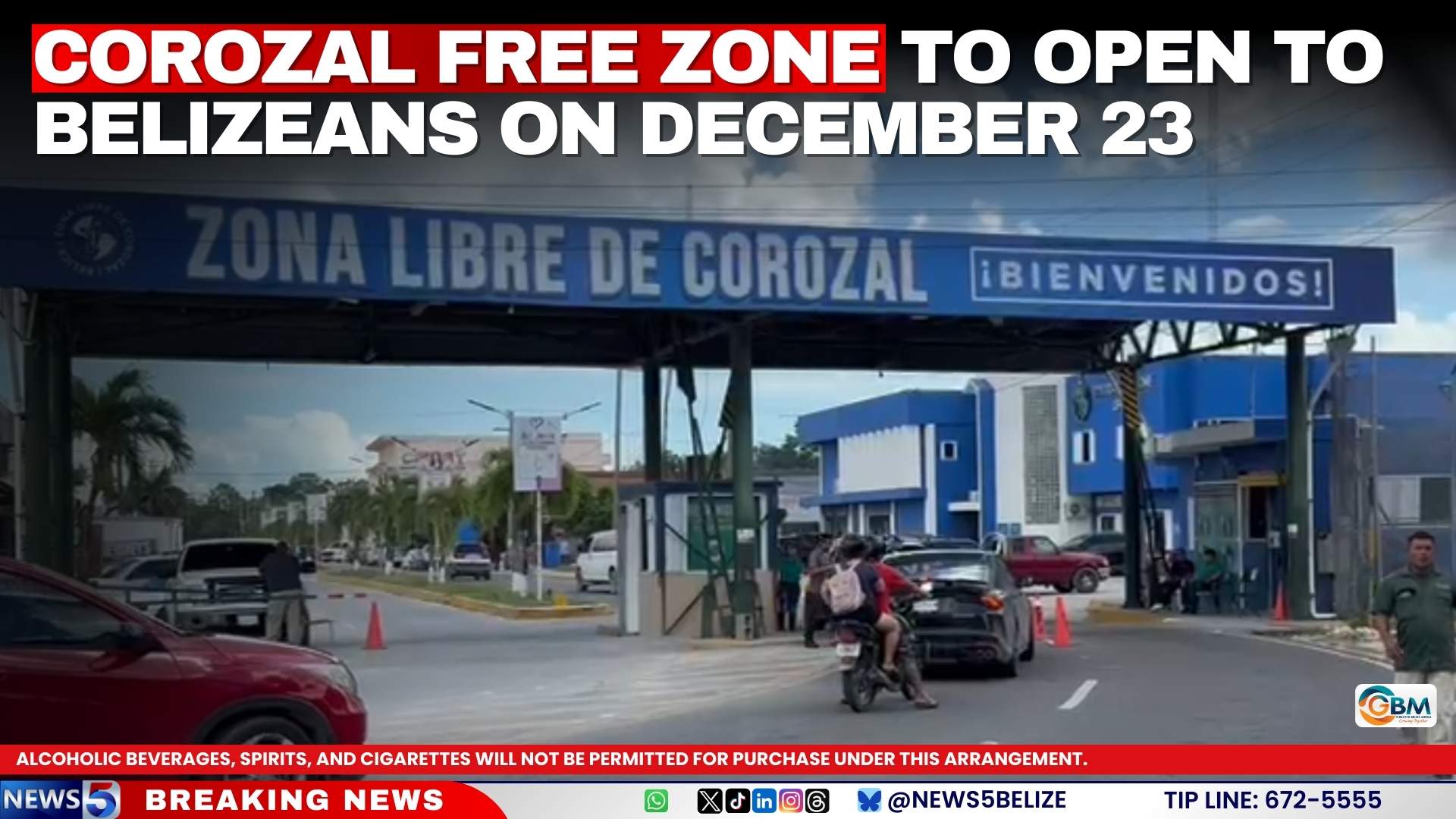Punta Cana International Airport (PUJ) has shattered its operational records by handling an unprecedented 896 flights within a single week, marking the highest weekly traffic volume in the airport’s history. This achievement solidifies its status as the Dominican Republic’s most active and rapidly growing aviation hub.
The record-breaking figure represents a substantial year-on-year increase of 125 flights compared to the same period in 2024, when the airport managed 771 weekly operations. This surge demonstrates both the sustained growth in regional air travel demand and the airport’s enhanced capacity to manage intensified air traffic efficiently. Airport management credits this exceptional performance to Punta Cana’s strengthened position as the Caribbean’s premier tourist destination, coupled with continuous expansion within the hotel industry and diversification of tourism attractions.
Additional growth drivers include the development of emerging destinations such as Miches, which has seen the addition of over 2,000 new hotel rooms this year alone. This infrastructure expansion has motivated airlines to increase flight frequencies and establish new routes to the region. The airport’s ongoing development program has significantly enhanced regional connectivity, reduced layover times, and optimized travel efficiency, further establishing Punta Cana Airport as a regional leader in operational excellence, connectivity, and passenger satisfaction.









